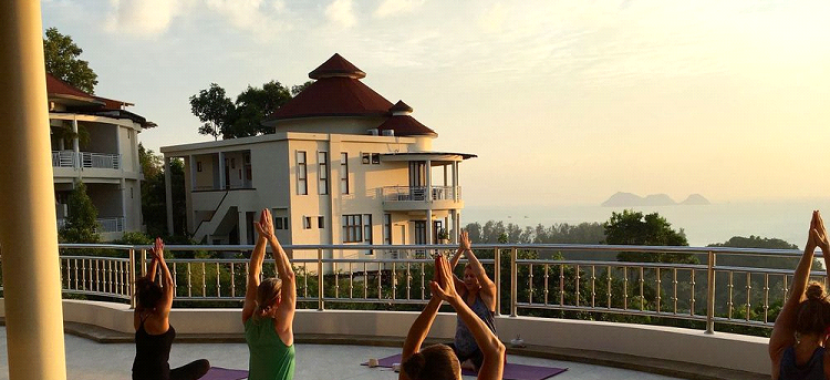The Luxury Sector Is Now A Full-Grown Adult
We use it as a prefix before car, perfume and hotel. It was once rare, but now, we are told, it can be part of our every day. Luxury is hard to define because it is relative. Whereas for one person, luxury may be a cup full of clean drinking water, for someone else it is a designer handbag; it is a concept that evolves over time.
Once upon a time the meaning of luxury was part aspiration, part exclusivity and part too expensive for most to afford. The basic concept of luxury during those times used to be, “It is not for everyone, it is for the few”. It was the Hermès bag, the Cartier watch and cashmere designer coat that equalled status, good taste and most of all exuded wealth.
The concept of luxury is constantly evolving and expanding. The increasing wealth of consumers, strengthening of the middle class and the emergence of new markets cause on the luxury goods market; we can observe a new trend called the democratization of luxury and the emergence of the new consumers of luxury goods. The democratisation of luxury is a chance for the less affluent consumers to “taste” luxury.
The luxury sector has evolved over the period of time, in terms of awareness and possession of luxury goods followed by creating an ocean of demand for experiential luxury, by embedding elements of hospitality, wellness and tourism into their offerings. Thus, luxury brands from the beauty and fashion industries have been able to deliver a level of experience that goes well beyond their products. Likely stated by the panellist Mr. Manoj Adlakha, CEO, Amex India – “People have got inclined towards wellness- both physical as well as mental more due to covid-19. I personally look at wellness things – a new rare”, from the webinar – ‘A Peep into Post Covid Luxury’ held on 11th June 2021

The luxury market has taken a big hit due to the pandemic- Covid 19 and has accelerated digital uptake in luxury, forcing brands to engage and experiment with new technologies including virtual fashion shows, clothing, experiences, showrooms etc. As stated by the veteran panellist Mr. Armando Branchini, Fondzione Altagama – “Luxury sector has the ability to grow in spite of a number of crisis like Covid-19. This sector has always been in a position of entering last in a phase of crisis and being in a position of recovery first compared to all other sectors of the business”.

Diving deep into the world of digitisation, we can also see rising of innovation in technology with introduction of blockchain, where the brands can digitise, track and trace the entire lifecycle of a luxury item. Along with that brands are also using a virtual reality space in which users can interact with a computer-generated environment which is known as Metaverse. As righty mentioned by the Indian luxury Icon and host of the webinar Mr Abhay Gupta, Founder & CEO, Luxury Connect – “Metaverse is becoming a reality and there are statistics to say that the virtual worlds are likely to contribute something like 400 billion dollars by 2025. So, Tangible aspect of luxury seems to be completely being taken over by the intangibles of the digital world”

Hence, we can claim that the luxury sector is now a full-grown adult and will continue to grow further.

Saloni Khadia
About The Author: PGDLM Student Batch 10







